Health
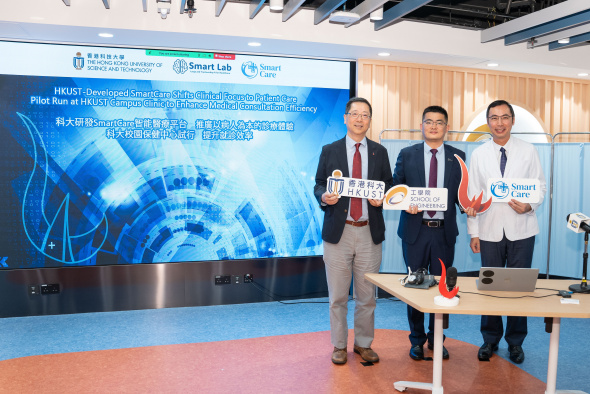
Pilot Run at HKUST Campus Clinic to Enhance Medical Consultation Efficiency
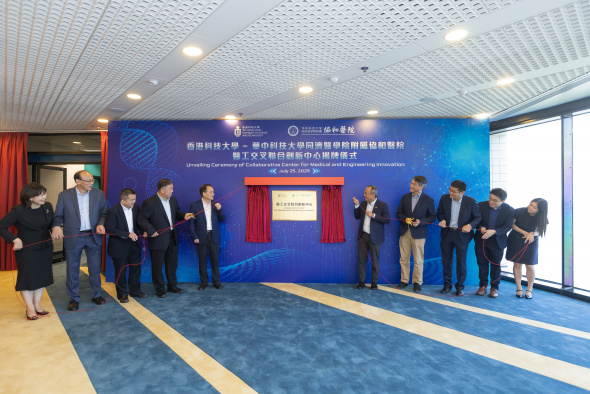
Milestone in Medical-Engineering Collaboration
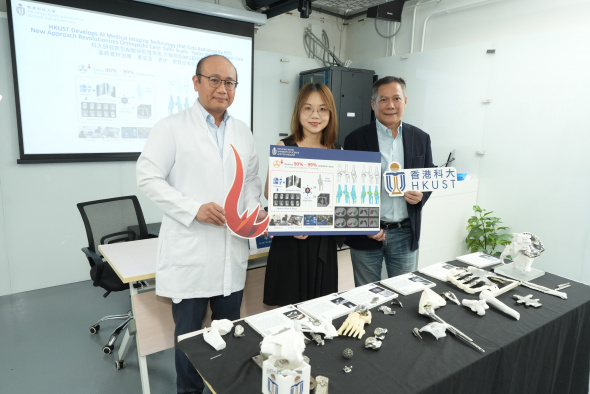
New Approach Revolutionizes Orthopedic Care: Safer Scans, Faster Results and Lower Cost
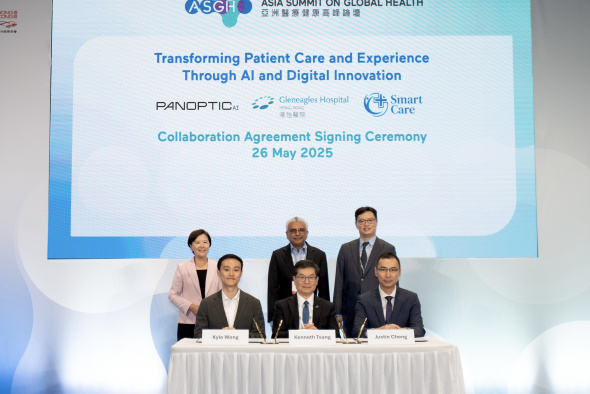
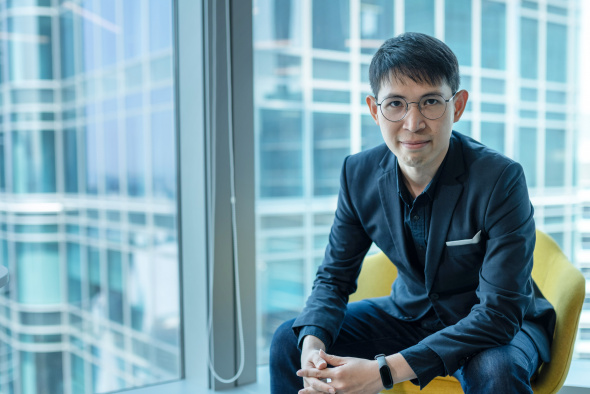
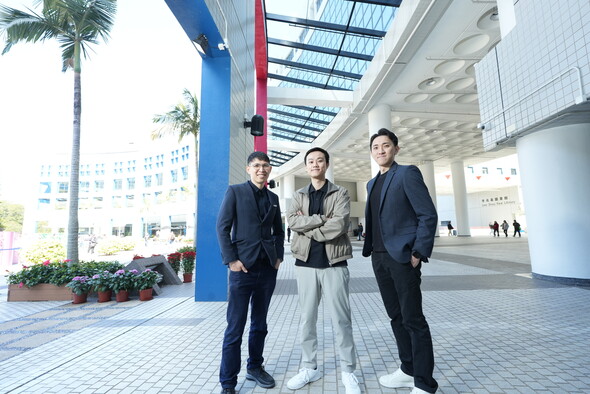
Transforming Smartphones into Medical-Grade Vital Sign Monitors
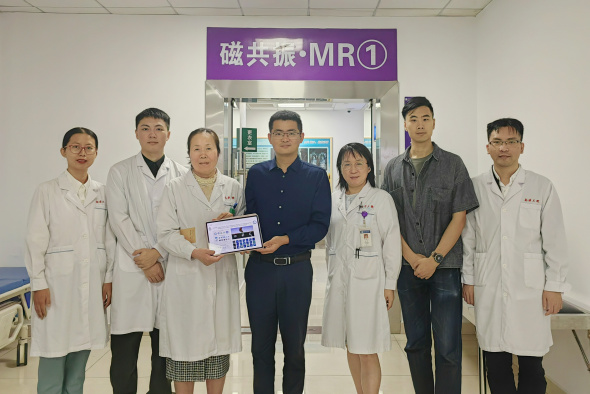
Advancing Smart Healthcare with AI
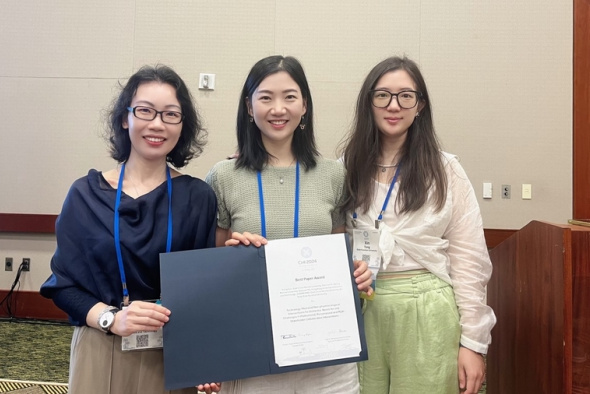
Non-Pharmacological Interventions for Dementia

